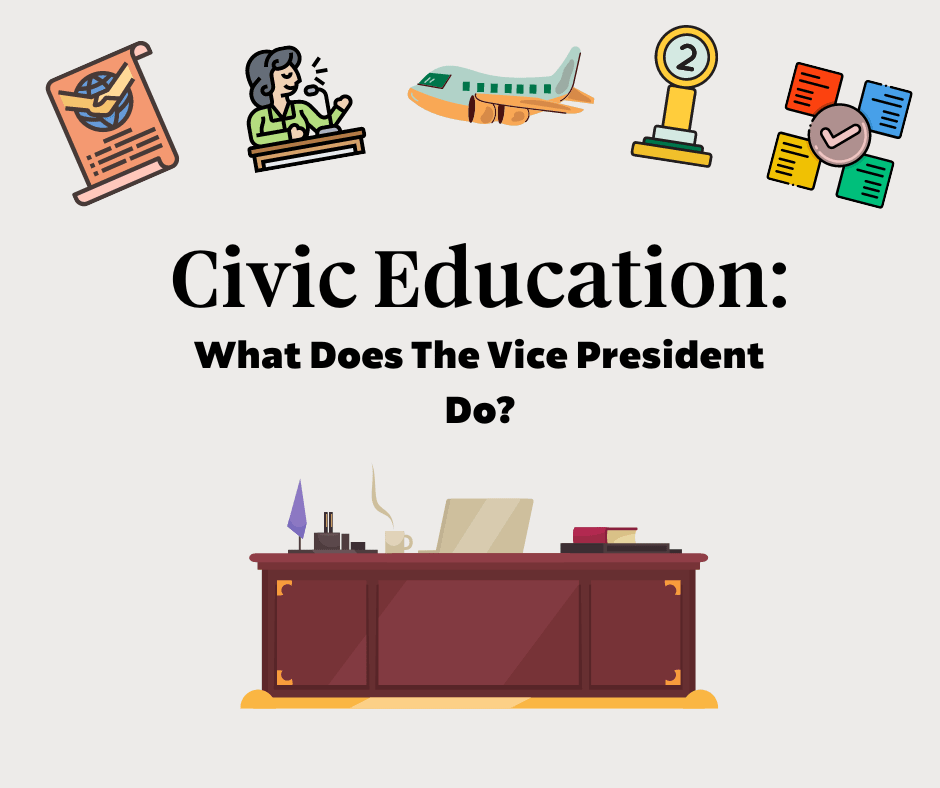
What Does The Vice President Do?
What's your take on the importance of vice presidents in U.S. politics?
When you think of American politics, the president most likely comes to mind first. However, just one step away stands a somewhat less understood figure: the vice president of the United States.
While the role may not command the same level of public attention as the president, the vice president plays a crucial part in the functioning of the federal government.
What are the vice president's responsibilities?
-
The president's role includes both constitutional duties and additional responsibilities that have evolved over time. The Constitution’s official duties are limited to the vice president assuming presidency in the event of impeachment, resignation, or death; plus presiding over the Senate with the sole power to break tie votes.
-
In addition to these constitutional obligations, the vice president serves as a trusted advisor to the president, participates in policy decisions, meets with foreign leaders and makes public appearances on behalf of the president, and leads cabinet meetings in the president's absence.
Who decides on the Vice President?
- It is customary for the presidential candidate to select their own running mate, who, if elected, becomes the vice president. This decision includes factors like political experience, geographical origin, popularity, and how they complement the presidential candidate.
- The vice presidential candidate then runs alongside the presidential candidate in the general election. They form a “joint ticket” which means that voters vote for both a president and vice president in a single package.
How does the vice president impact American politics?
- The vice president's role goes beyond their constitutional duties.
- The vice president can influence policy and legislative decisions. By acting as a liaison with Congress and assisting with legislative negotiations, the vice president garners support for the president's policies and influences their successful passage.
- Over time, the vice president has gained increasing influence in shaping American foreign policy. Vice President Dick Cheney was given significant military and foreign policy responsibilities by President George W. Bush. Vice presidents now frequently engage in diplomatic missions; meeting foreign leaders and representing American interests amidst complex international political landscapes.
Who do you consider the best vice president in history?